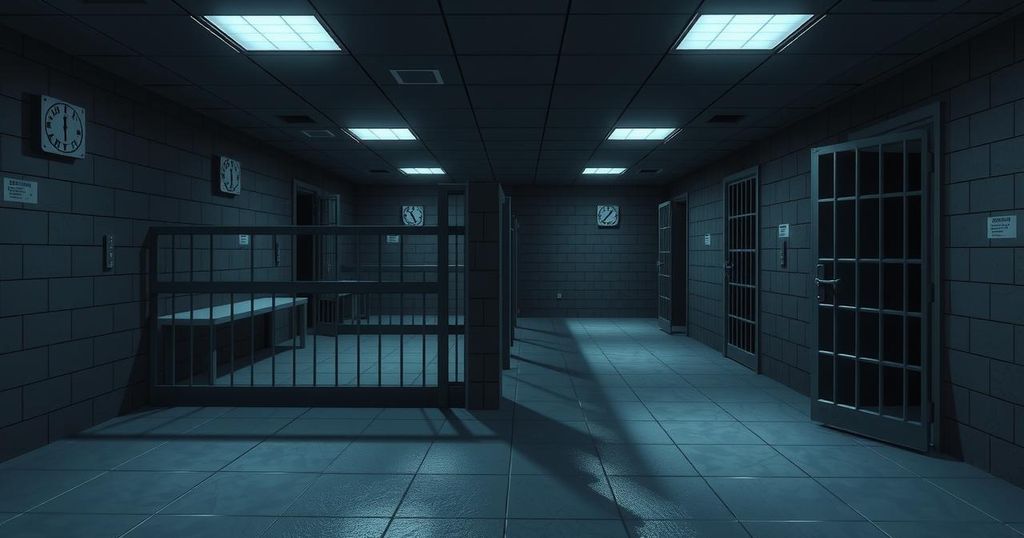Kenya’s Deputy Police Chief Steps Aside Amid Outrage Over Blogger’s Death

Kenya’s Deputy Police Chief Eliud Lagat steps aside amid controversy over the death of blogger Albert Ojwang, who died in police custody. After initial police claims of self-inflicted wounds were debunked, the investigation has intensified, prompting calls for transparency. Lagat has expressed his condolences and commitment to assist in the investigations as protests loom.
Kenya’s Deputy Police Chief Eliud Lagat has taken a step back from his position as the country faces growing outrage over the death of blogger Albert Ojwang in police detention. This decision comes amidst considerable pressure from opposition groups and human rights activists. Ojwang was arrested after he accused Mr. Lagat of defamation on social media. Activists are calling for accountability in this tragic case, which is intensifying the scrutiny on police actions.
The circumstances surrounding Ojwang’s death are particularly troubling. Initial police statements suggested he had died due to self-inflicted wounds. However, following an autopsy, those claims were retracted as the findings indicated that he likely died from assault wounds. Mr. Lagat has denied any wrongdoing throughout the process but stated that he would step aside for the good of his responsibilities.
In a statement, Lagat expressed his commitment to assist in the investigations stating, “I undertake to provide any support that may be required of me during the investigations of the unfortunate incident.” He also conveyed his condolences to Ojwang’s family, acknowledging their profound loss.
Until the investigation concludes, Mr. Lagat’s deputy will assume his duties, and he will be barred from accessing his office. Protests are expected to continue this week as activists demand a thorough and transparent inquiry into the blogger’s death.
Ojwang had been arrested on June 7 in his home village of Kakoth, which is near Homa Bay. After his arrest, the police transported him to a police station in Nairobi, where he was reported dead days later. An initial police narrative claimed he was found unconscious in his cell and later died in a hospital due to head injuries thought to be self-inflicted.
However, investigators from the Independent Policing Oversight Authority (IPOA) have ruled out the possibility of suicide, lending skepticism to the police’s earlier claims. The head of the police station is presently detained, along with another officer and a technician who allegedly tampered with the station’s CCTV footage prior to the inquiry.
In light of this scandal, Police Chief Douglas Kanja has publicly apologized for the initial inaccurate claims, attributing the error to “misinformation” from subordinate officers.
As this investigation unfolds, it raises pressing questions about accountability, treatment of detainees, and the integrity of law enforcement in Kenya. Activists are keenly watching for any meaningful progress on these critical issues.
In conclusion, Kenya’s Deputy Police Chief Eliud Lagat has stepped aside amid rigorous scrutiny surrounding the death of blogger Albert Ojwang, who died in police custody under controversial circumstances. The retraction of the initial police claim regarding self-inflicted wounds only adds to the urgency of the situation. Investigations by the IPOA are ongoing, and public protests are poised to demand justice for Ojwang and accountability from law enforcement. This unfortunate incident highlights the critical need for transparency and reform within the police system in Kenya.
Original Source: ca.news.yahoo.com







